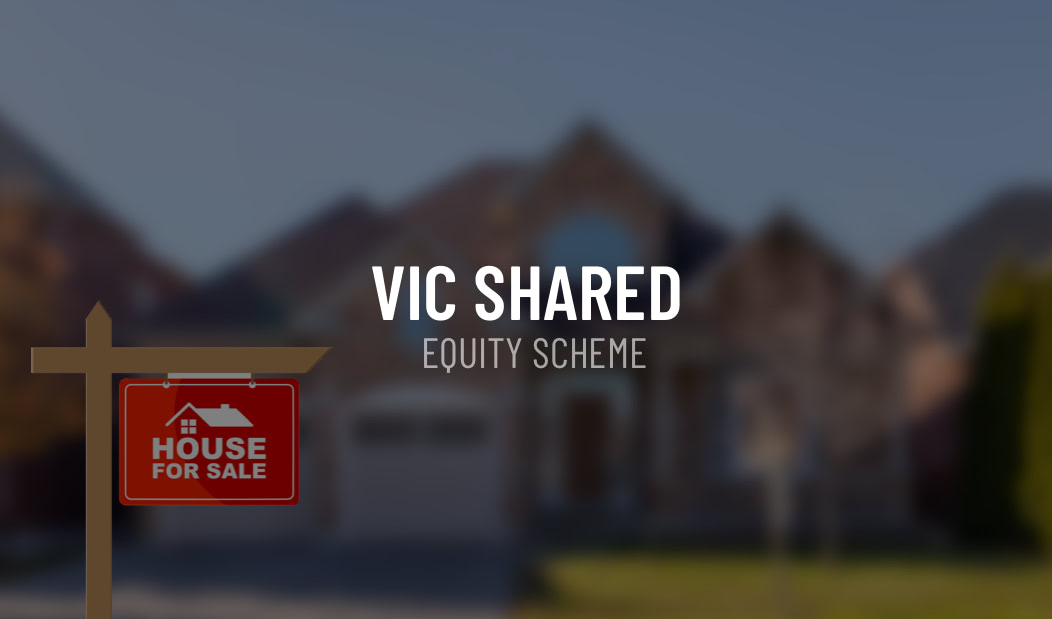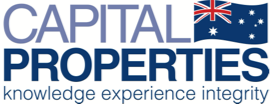What’s the Victorian Homebuyer Fund all about?
On the back of a tough couple of years for Victoria, the Victorian Government has launched a new home-buyer fund called the Victorian Homebuyer Fund (VHF). This is essentially a shared equity scheme which allows successful applicants to purchase a property with a minimum deposit of 5%. The Victorian government will then pay up to 25% of the purchase price in exchange for an equivalent share, or proportional interest in the property.
With a total fund of $500 million, the scheme is expected to support approximately 3,000 home buyers. We’ll share full eligibility requirements and answer some of the most common questions about the Victorian Homebuyer Fund below.
On the go? Here’s 30 seconds of take outs:
- The Victorian Homebuyer Fund (VHF) is a shared equity scheme that will help Victorians purchase a property with a 5% deposit.
- The government funds 25% and 70% will be financed by the home buyer’s chosen lender.
- Eligible Aboriginal or Torres Strait Islander homebuyers require a minimum deposit of only 3.5%.
- Australians older than 18 years with a minimum gross income of $125,000 PA (individuals) or $200,000 or less for couples can apply if they intend to live in the property.
- A maximum purchase price of $950,000 in Metro Melbourne/Geelong, or $600,000 or less in eligible regional locations is acceptable.
- Certain ongoing obligations are required, e.g. maintaining the property to a good standard.
Keep reading >>
Is the Victorian Homebuyer Fund the same as the HomesVic Shared Equity Scheme?
The VHF is an expansion of the government’s HomesVic scheme which was a pilot scheme implemented in 2018 to help low- to medium-income-earning Victorians purchase their first home. Under that $50 million scheme, the government helped over 300 first home buyers onto the property market in 33 target areas. Those “priority areas” included 7 peri-urban towns, 85 Melbourne suburbs and 130 regional towns. Applicants were invited from people with incomes up to $75,000 for singles, and up to $95,000 for couples/families.
So how is the Victorian Homebuyer Fund different?
With the VHF, the eligibility is broader than the HomesVic pilot scheme, making it accessible to even more home buyers. Buyers can now purchase homes in a wider range of locations, and income limits are not as restrictive as the initial pilot.
Plus, it’s no longer restricted to just first home buyers. What remains the same is that eligible buyers only need to pay a 5% deposit for the home. The government will then fund 25% and the remaining 70% will be financed by the home buyer’s chosen lender. Currently, both Bank Australia and Bendigo Bank are participating in the scheme. For eligible Aboriginal or Torres Strait Islander homebuyers, the government will contribute up to 35% and the minimum required deposit is 3.5%.
Eligibility requirements for the VHF
Home buyers are eligible to apply if they:
- Are an Australian citizen or permanent resident over the age of 18 years
- Have a gross annual minimum income of $125,000 (individuals) or $200,000 or less for couples/families.
- Have the required minimum deposit (5% or 3.5% depending on circumstances) of the property price
- Will live in the purchased property, as a primary place of residence
- Do not purchase the property from a relative
- Don’t own interest in any land or are shareholders in any private corporation that owns land at the time of purchase (including as trustee, or beneficiary under a trust)
- Do not act as a trustee of a trust
- Are a ‘natural person’, i.e. not an organisation, company, trust or other body or entity
What type of property is eligible?
Both new and existing residential properties are eligible, as long as a certificate of occupancy has been issued prior to the contract of sale date. The property must be ready for the buyer to live in, or if it’s under a lease, that lease must have expired within 1 year of the sale date and be ready for the owners to move in. Off-the-plan properties and vacant land are not eligible.
The property must have a maximum purchase price of $950,000 in Metro Melbourne and Geelong, or $600,000 or less in eligible regional locations, see below.
Does the Victorian Homebuyer Fund allow you to purchase anywhere in Victoria?
Eligible participants can purchase in Metropolitan Melbourne, Geelong or other eligible regional locations. The State Revenue Office has a full list of Victorian Homebuyer Fund eligible locations.
Can you access other housing schemes or grants if you apply for the Victorian Homebuyer Fund?
Yes! Homebuyer Fund candidates may also be eligible for other Victorian government housing schemes, including the First Home Owner Grant (aka the 5% Deposit Scheme) and other grants – read this blog: “Great Government Grant Grab”.
Does the state’s share remain unchanged?
As a Shared Equity Scheme, the value of the state’s share/interest in the property will change in line with property value. Appreciation in the home’s value means that the VHF will share in any gains in the home buyer’s property’s value.
Home buyers can (with prior approval), repay the fund’s share in their property or buy out the government’s share of the property at market value by refinancing, using savings or using the proceeds when they sell the property. The government will reinvest those funds to help other prospective home buyers enter the market.
Are there strings attached to the Victorian Homebuyer Fund?
If you are an eligible candidate, then there are few limitations to the fund. Once you have been provisionally approved for the Homebuyer Fund, you have six months to enter into a contract of sale for an eligible home.
Successful applicants for the VHF must meet certain ongoing obligations. For example, you will need to notify the State Revenue Office of any changes to your circumstances (e.g. change of employment) within 10 business days. See below for some of these ongoing responsibilities:
– Annual review
After you’ve purchased your home, you must provide the State Revenue Office with an annual update confirming that you’re still eligible for the Homebuyer Fund. This includes payslips (for employees), tax returns (for self-employed candidates), utility bills, home loan statements and a building insurance certificate.
– Maintaining your property
You are expected to maintain the property to prevent unnecessary devaluation. Any structural modifications or renovations costing more than $10,000 or requiring council approval must be approved before works begin.
– Repayments
You must make all relevant payments on time. This includes utilities, body corporate fees, council rates, stamp duty and home loan repayments. You may be required to start repaying the Homebuyer Fund’s interest in your property should your financial circumstance change, e.g. if your annual income exceeds the agreed threshold for two years in a row, or you receive a windfall of $10,000 or more.
– Exiting the fund
You must seek approval if you choose to refinance or sell your property. You must also get approval if you want to make additional payments with an intent to exit the Homebuyer Fund or reduce the State’s equity below 5 percentage points i.e. from 25% to 4% in the first two years.
– What happens when the property is sold?
When you sell your property, the proceeds must pay off your remaining home loan to the bank and the equity share to the Victorian Homebuyer Fund. Of course, payments must also be made if there are other outstanding debts e.g. council rates. The remaining profit belongs to you, the homeowner.
Before you apply, check your eligibility and the list of eligible locations where you can purchase a property. If you meet these criteria, then prepare the documentation required to apply for a home loan. We’ve discussed this in the blog “Why being finance ready pays dividends”.
This link will take you to the Victorian Homebuyer Fund application.
If you have any questions about your eligibility for the Victorian Homebuyer Fund, we can help.
While you’re here, book your free Capital Properties discovery session and check out our free investor tools: Online property investment toolkit | Book Your Pinnacle Program Review






